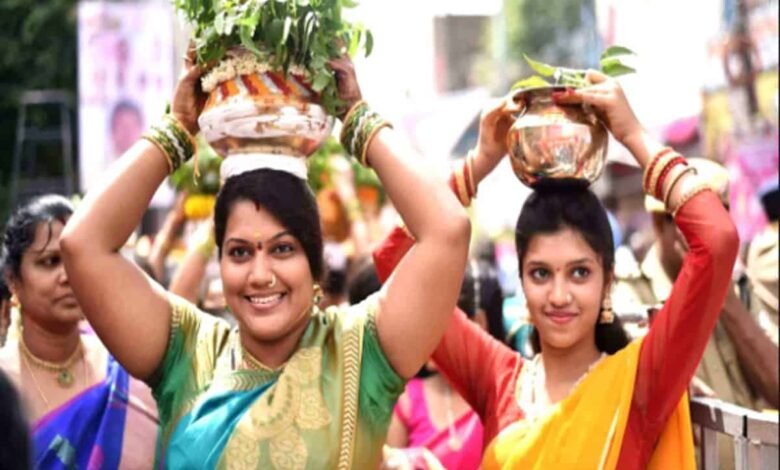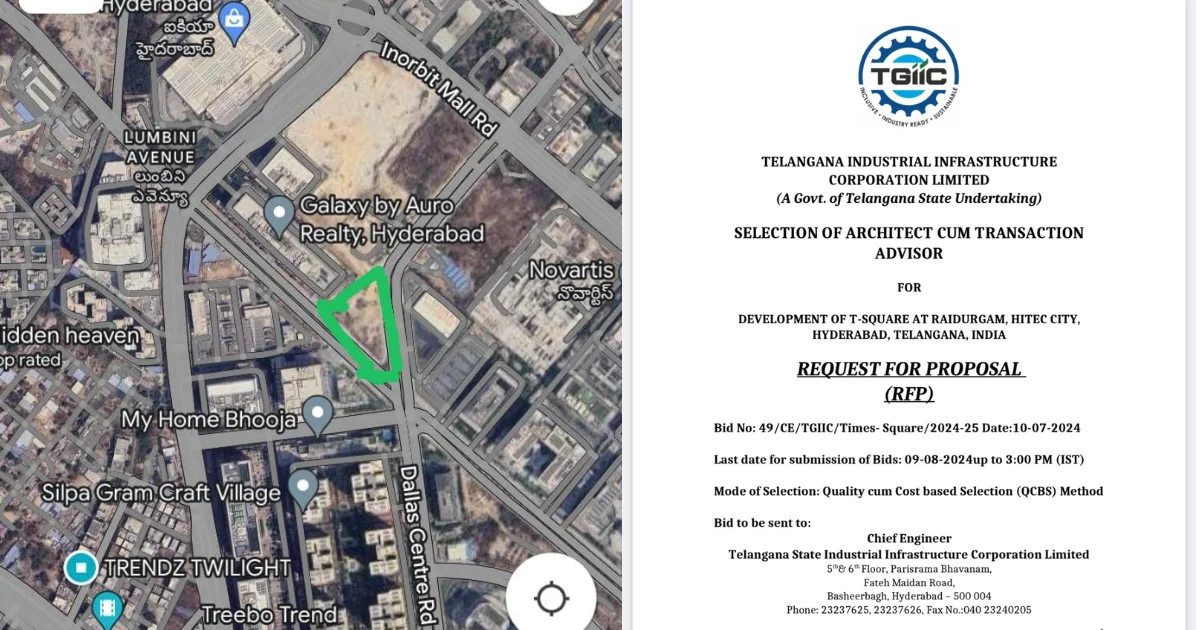As Telangana inches toward crucial local body elections, the battle over Backward Class (BC) reservations has become the state’s most explosive political fault line.
Betrayal or Bureaucracy? KTR Slams Congress for ‘Deceiving’ BCs Over 42% Reservation Promise
At a fiery gathering of BC leaders held at former minister Talasani Srinivas Yadav’s residence, BRS working president K. T. Rama Rao (KTR) accused the ruling Congress of orchestrating a “calculated betrayal” of the Backward Classes. In his sharpest critique yet, KTR alleged that the government’s caste census, reservation ordinance, and welfare posture were little more than political “theater,” crafted for optics ahead of elections.
KTR’s Key Allegations
KTR’s primary charge was that the Congress-led administration deliberately manipulated the caste census to suppress BC population figures—thereby weakening their claim to the promised 42% reservation in local bodies.
According to him:
- Understated BC Numbers: The survey grossly underreported BC representation, reducing their share of the political pie.
- Unscientific Process: KTR said the survey lacked transparency, excluded households, and was conducted without oversight from the BC Commission—contrasting it with the BRS-era Samagra Kutumbha Survey, which pegged BCs at 51% of the population, or 61% if BC Muslims are included.
Backing KTR’s claims, former BC Commission chairman Vakulabharanam Krishna Mohan Rao labeled the SEEEPC caste census “unconstitutional,” citing its legal vacuum and lack of caste-wise data disclosure.
KTR further warned that the Congress ordinance to reserve 42% seats for BCs in local bodies was “legally hollow” and unlikely to withstand judicial scrutiny. He cited the 1992 Indra Sawhney Supreme Court judgment, which placed a cap on reservations and demanded empirical evidence for such policies.
“The Congress expects the courts to strike it down, so they can shift the blame while reaping political dividends,” KTR alleged, calling the move a “photo-op ordinance.”
Congress Fires Back
BC Welfare Minister Ponnam Prabhakar defended the caste survey’s accuracy, challenging both BRS and BJP critiques. He claimed Congress has historically led pro-BC policies and accused the opposition of political opportunism.
To strengthen the legal foundation of the 42% quota, Congress MPs plan to urge the Centre to insert the legislation into the Ninth Schedule of the Constitution—effectively shielding it from judicial review. The Governor’s office, meanwhile, is reportedly awaiting legal advice before giving assent to the ordinance.
Legal, Political, and Social Implications
While the ordinance’s future hangs in legal limbo, the broader debate over BC empowerment is heating up. KTR accused Congress of abandoning promises made in its Kamareddy BC Declaration, citing stalled welfare schemes, cancellation of programs like KCR Kits, and lack of new initiatives.
BRS leaders are demanding:
- Legal Fortification: Immediate steps to constitutionally protect the 42% quota.
- Sub-Categorisation Within BCs: KTR emphasized the need to ensure that dominant castes don’t monopolize the reservation benefits—citing Mudirajus, Gouds, and other BC sub-groups.
- Institutional Reform: Experts argue that any long-term policy must involve a statutory BC Commission, caste-wise data transparency, and public consultation.
The Road Ahead: Flashpoints and Fissures
With Parliament set to debate the reservation issue during the monsoon session and grassroots frustrations mounting, political stakes are high. BRS is ramping up statewide mobilization through village-level committees and a fresh membership drive, aiming to capitalize on public disillusionment with Congress.
Adding to the pressure, BRS MLC K. Kavitha and other leaders have demanded the immediate issuance of a government order enforcing the 42% quota, reflecting a more aggressive opposition posture.
Conclusion: Political Optics vs Policy Substance
As the Governor weighs legal counsel and Congress eyes constitutional insulation, Telangana’s BC reservation debate is fast becoming the litmus test of political credibility. KTR’s accusations tap into a deep vein of mistrust among BC communities, many of whom feel that electoral promises are once again being diluted by legal loopholes and political posturing.
Whether this escalates into genuine reform or becomes another casualty of partisan chess remains to be seen. One thing is certain—the question of BC empowerment is no longer just a policy issue; it’s the central political battleground in Telangana’s electoral countdown.
Rain Alert in Telangana & Hyderabad: IMD Forecast 2025
Last Updated on July 23, 2025 1:14 pm by Admin




